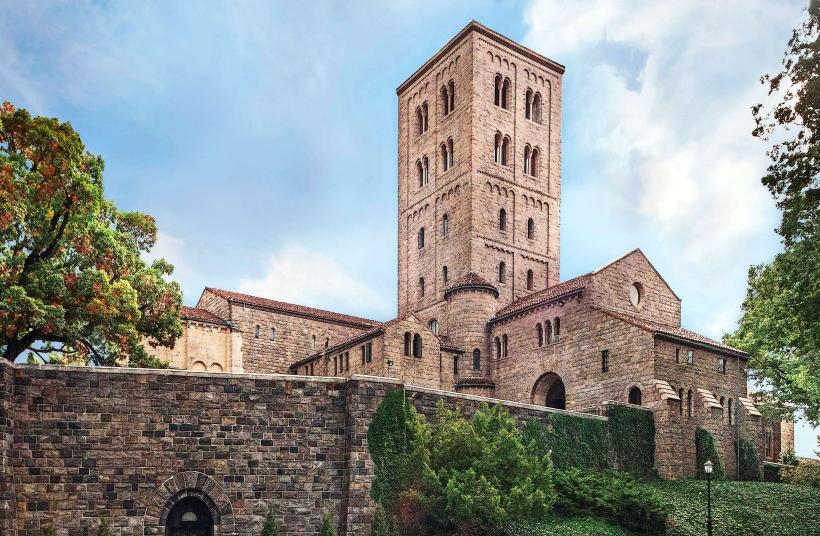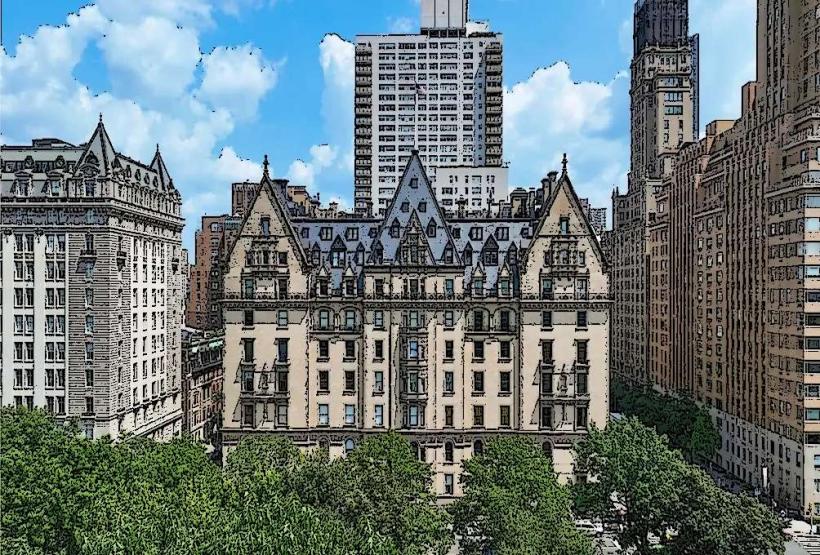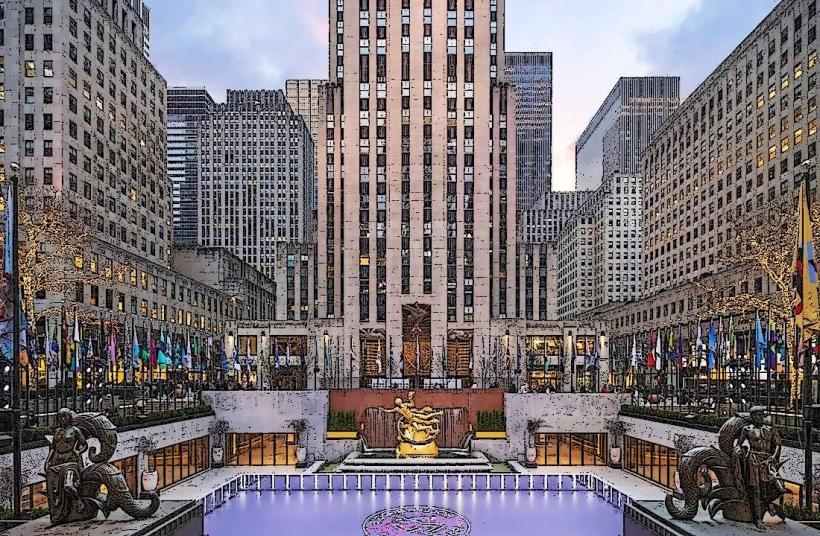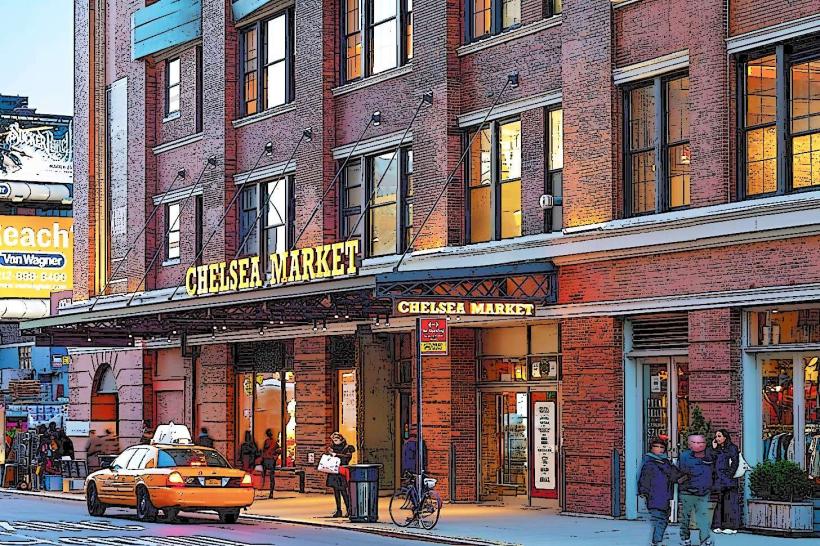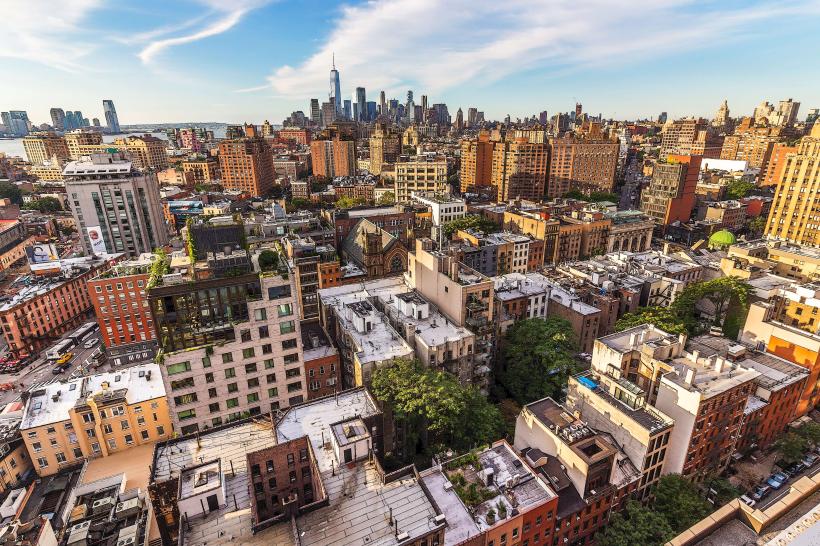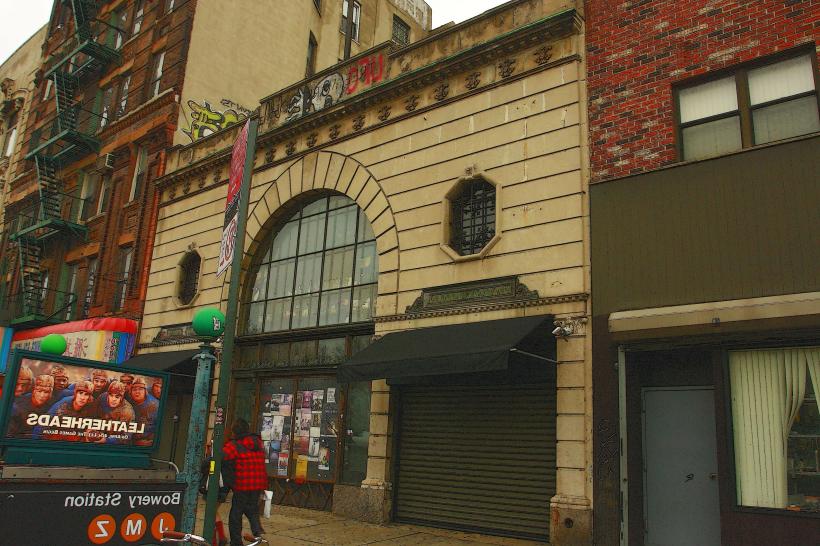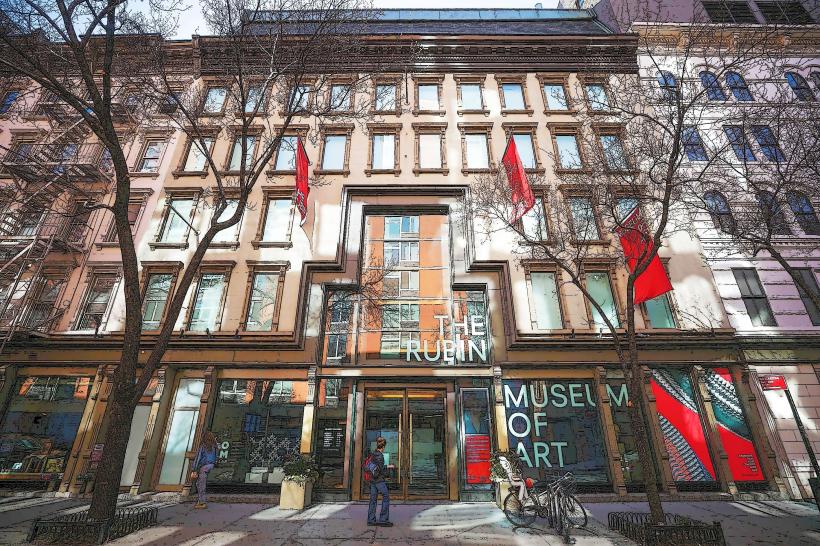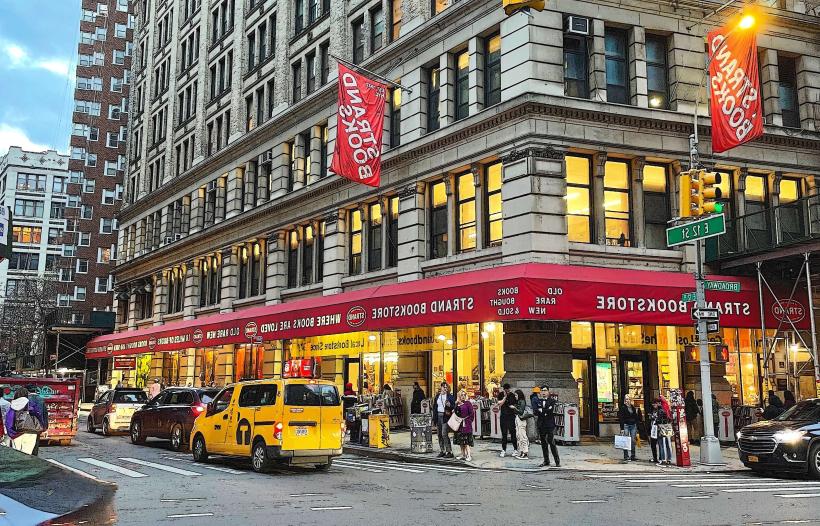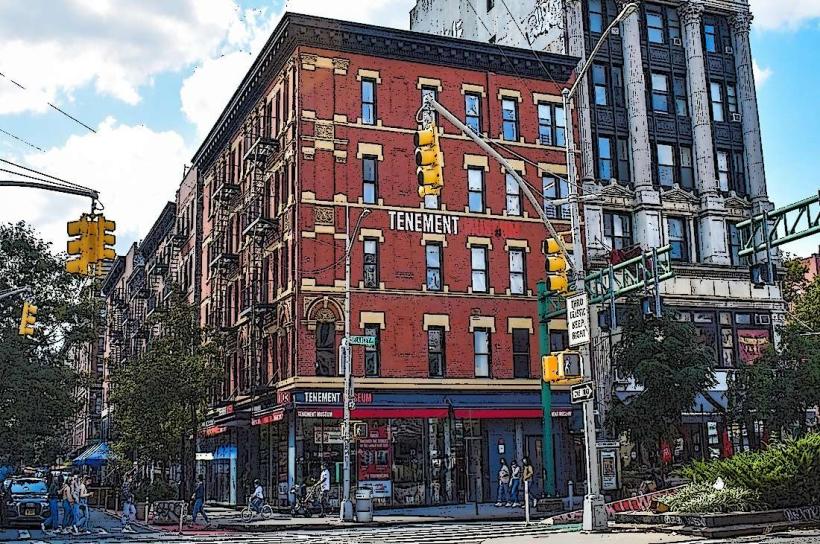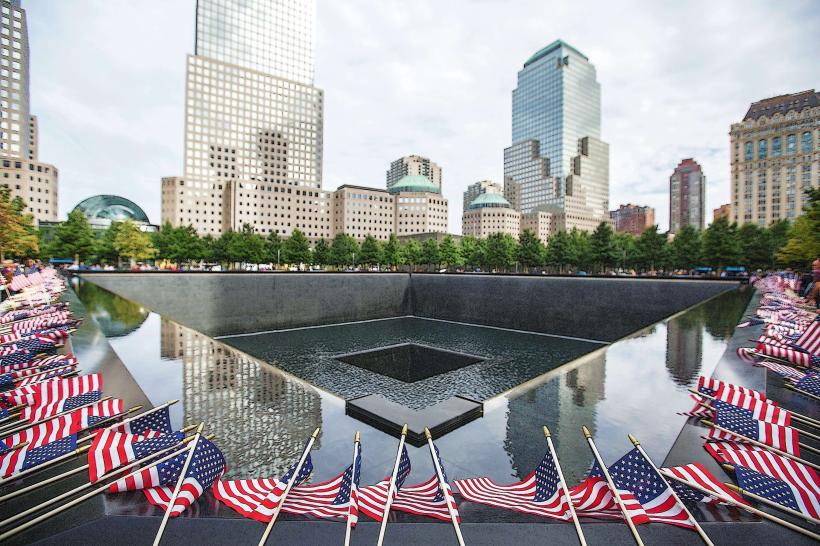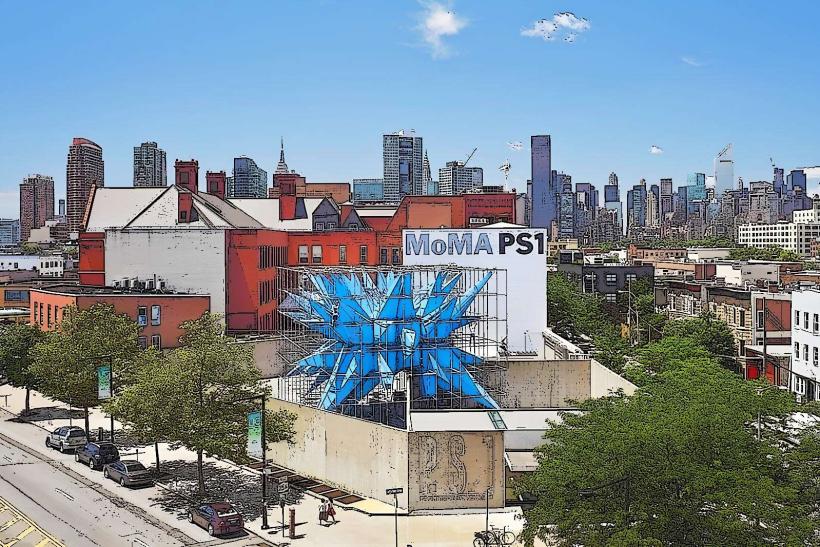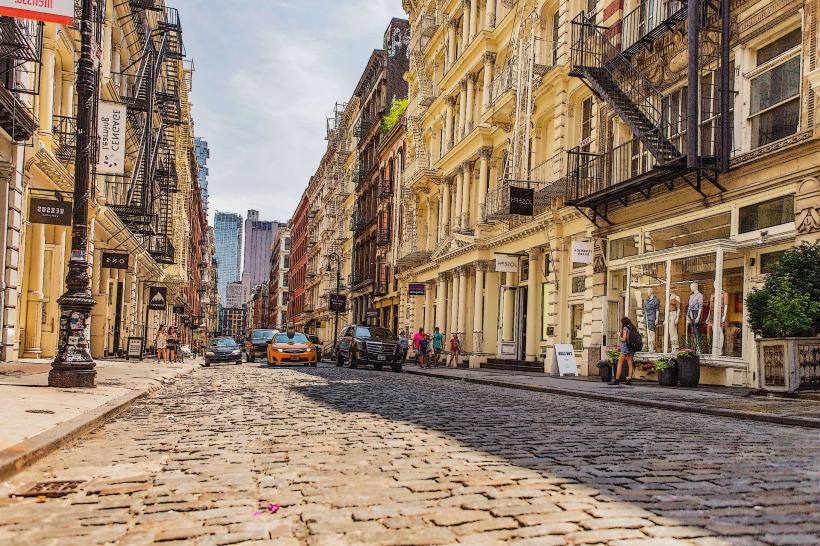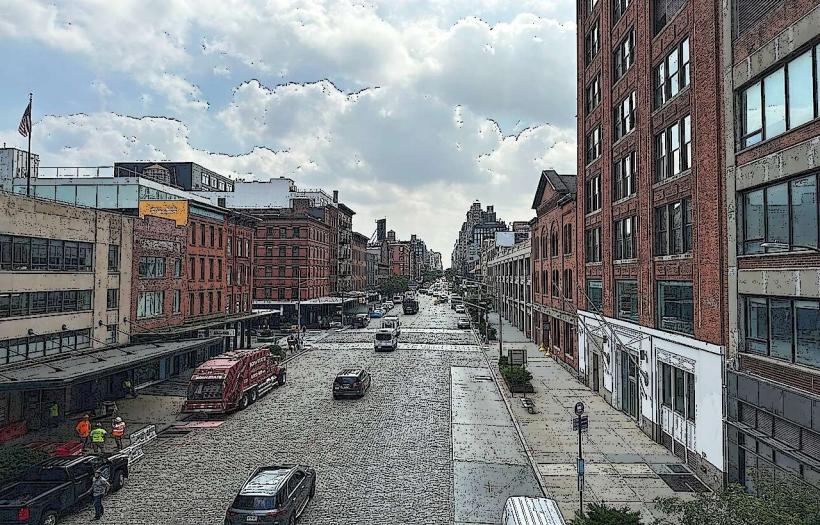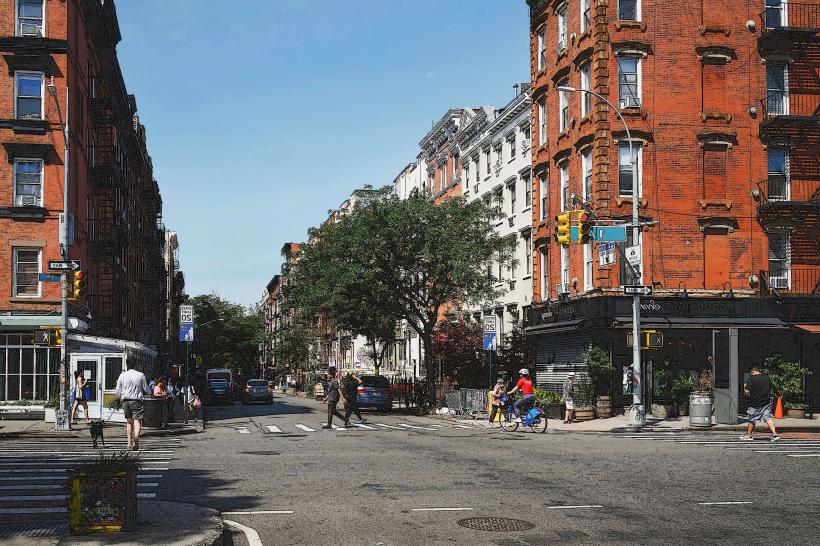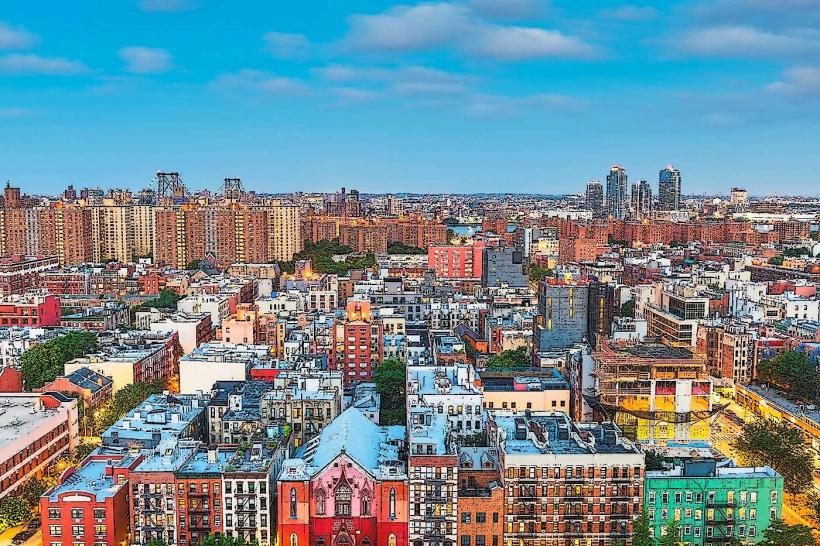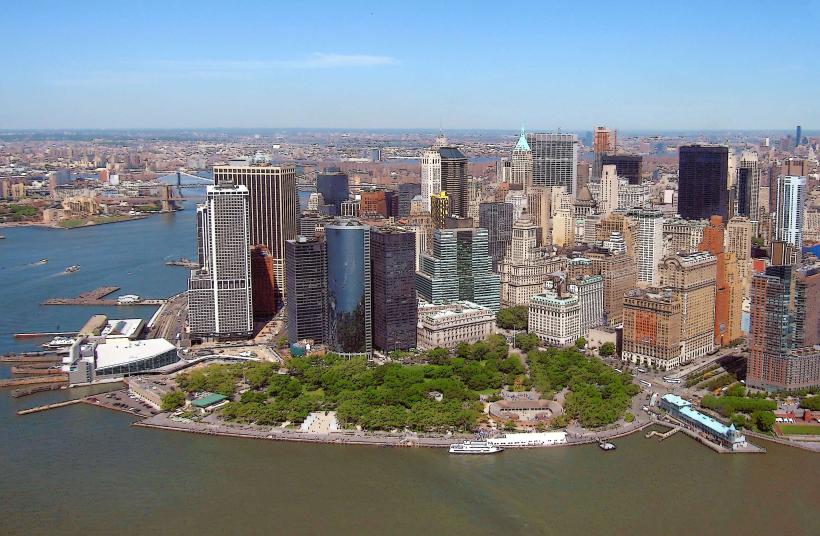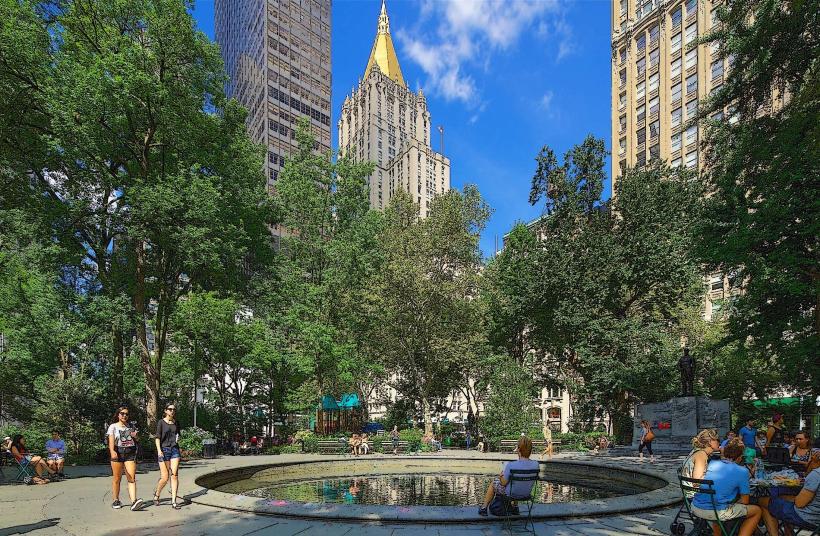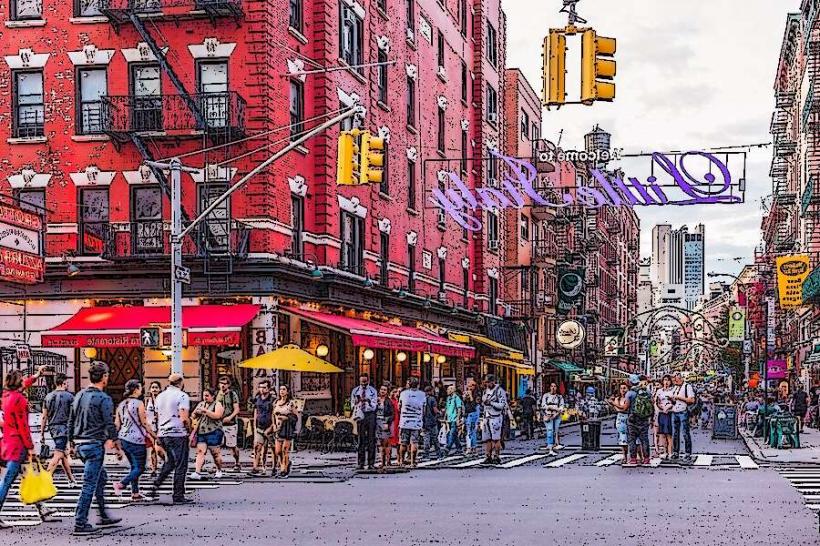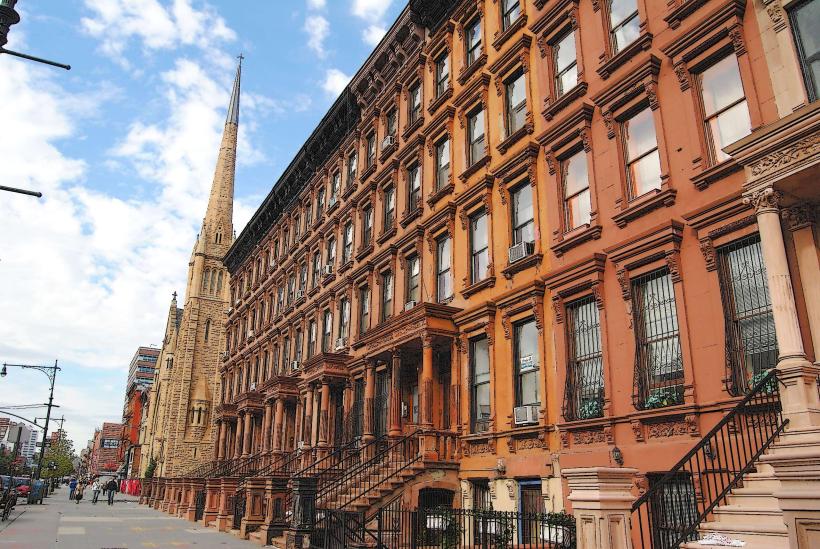Information
Landmark: Union SquareCity: Manhattan
Country: USA New York
Continent: North America
Union Square, Manhattan, USA New York, North America
Union Square is a historic and vibrant public plaza in Manhattan, New York City, known for its rich political history, thriving market culture, and diverse social and artistic life. It serves as a central gathering point and a key intersection of various neighborhoods, including the Flatiron District, Greenwich Village, and Gramercy.
Overview
Location: Between 14th and 17th Streets, from Union Square East (Park Avenue South) to Union Square West (Broadway)
Established: 1839, designed as part of the 1811 Commissioners' Plan
Name Origin: “Union” refers to the confluence of Broadway and Bowery Road (now Fourth Avenue), not to the Civil War or labor unions
Historical Significance
Union Square has played a central role in New York City's political and cultural life for nearly two centuries.
19th Century: Quickly became a fashionable neighborhood, lined with theaters, hotels, and elegant townhouses.
Labor Movement: It gained fame as a hub for political activism and labor rallies. It was designated a National Historic Landmark due to its role in the American labor movement. The first Labor Day parade took place here in 1882.
Protests and Demonstrations: Over the decades, it has hosted demonstrations for workers' rights, civil rights, anti-war protests, and more. It's still a gathering place for activism and free speech events.
Union Square Park
At the heart of Union Square is Union Square Park, a green public space with gardens, paths, seating areas, and monuments. It serves as a refuge from the city bustle and a space for events, markets, and performances.
Key Features:
George Washington Statue (1856): The first public sculpture in NYC, located at the park’s southern end
Abraham Lincoln Statue (1870): Commemorates the president’s role in preserving the Union
Gandhi Statue (1986): A tribute to nonviolent activism, located in the southern portion of the park
Metronome and Countdown Clock: A large digital art installation on the south end facing 14th Street, displaying a 24-hour time cycle or climate countdown (depending on programming)
The park was redesigned in the 1930s by Frederick Law Olmsted Jr. and underwent major restorations in the late 20th and early 21st centuries to improve pathways, gardens, and accessibility.
Union Square Greenmarket
The Union Square Greenmarket, established in 1976, is one of the most beloved and iconic features of the square.
Operated by: GrowNYC
Schedule: Open year-round, typically on Mondays, Wednesdays, Fridays, and Saturdays
Offerings: Fresh produce, meat, dairy, fish, honey, baked goods, flowers, and plants-all sourced from regional farms
Significance: The market supports local agriculture and provides access to fresh food in the urban core. It draws chefs, foodies, and locals from across the city.
Arts and Culture
Union Square has long been a magnet for artists, musicians, street performers, and skateboarders, creating a lively, informal cultural scene.
Art Installations: Temporary public art pieces are often displayed in and around the park
Chess Players: A traditional fixture of Union Square, players set up boards along benches for public games
Street Theater and Music: You’ll frequently find spontaneous performances, protests, or public readings
Shopping and Surrounding Area
Union Square is a bustling retail and commercial hub, home to a mix of big-name stores, bookshops, cafés, and boutiques:
Strand Bookstore: Just a block away on 12th Street, one of NYC’s most famous independent bookstores
Whole Foods Market: Anchoring the southwest corner of the square
Barnes & Noble: A major bookstore and cultural venue on the north side
Paragon Sports, Trader Joe’s, and DSW: Popular local retail stops
The surrounding streets are also home to tech offices, NYU and The New School buildings, and creative studios, making the area especially vibrant and youthful.
Transit Hub
Union Square is a major transportation hub, served by one of the city's busiest subway stations:
14th Street–Union Square, where multiple subway lines intersect: 4, 5, 6, L, N, Q, R, W.
It also has access to numerous bus lines and is bicycle-friendly.
Events and Activities
Union Square is active throughout the year with:
Holiday Markets: Seasonal stalls selling crafts, food, and gifts, especially during the winter holidays
Public Yoga and Fitness Classes: Especially in warmer months
Demonstrations and Vigils: Continuing its tradition as a political gathering place
Conclusion
Union Square blends history, activism, culture, and commerce into a single vibrant space. It remains one of New York City's most iconic public squares, reflecting both its 19th-century roots and its ongoing role as a stage for public life. Whether you’re visiting the Greenmarket, relaxing in the park, joining a rally, or just passing through, Union Square represents the ever-changing, dynamic pulse of Manhattan.






